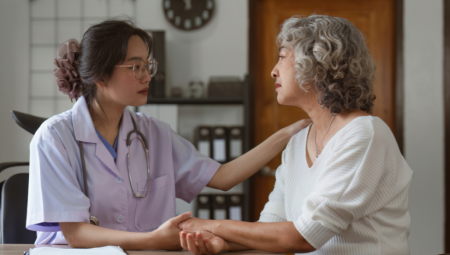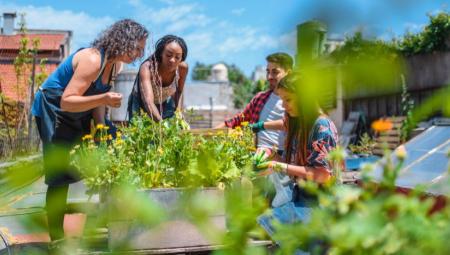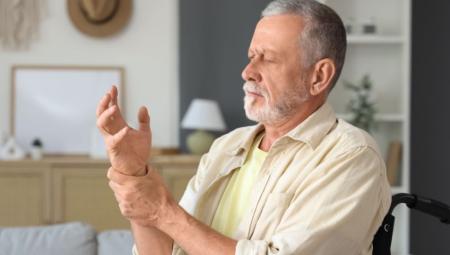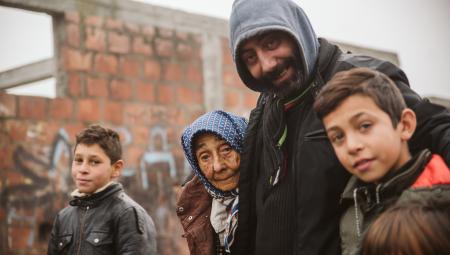Background
Compared with the wider population, Roma communities in the UK currently face significant health disparities. They tend to have greatly reduced life expectancy, are more likely to live with long-term health problems, and often experience poorer mental health. These challenges are exacerbated by ageing in a post-migration context. Unfortunately, previous attempts to reduce inequalities have not always proved accessible or effective for Roma people. Language difficulties, cultural differences, and the stigma Roma people face when trying to obtain help can all make it challenging for them to access services. Often, services do not provide joined-up support for older people, sometimes living within intergenerational families, who experience multiple barriers to inclusion. Typically, interventions have not been designed with an explicit focus on local areas or designed to build-in diversity. The RomaPlaceAge project aims to tackle exclusion and these negative outcomes by working directly with Roma communities, as well as policy makers and front-line services, to develop better ways to ensure support reaches those who need it most.
Project Aims
- Understand how places and spaces in our field-sites can be designed to support healthy ageing of Roma
- Reduce the exclusion and marginalisation experienced by Roma communities as they get older (40+)
- Co-create and co-produce interventions rooted in our study areas (Luton and Peterborough in the EoE ARC) to support Roma as they age
- Use what we have learnt from our research to influence policy and practice for positive change
- Engage in knowledge transfer across other localities, regions and UK countries
Project Activity
- Working closely with Roma community researchers to gather qualitative data though semi-structured, in-depth interviews, walking interviews, and photo elicitation activities
- Co-production (using creative methods, including art, dance, story-telling and photography) with Roma partner organisations to capture the personal stories of our research participants in each study locality
- Collaborative dissemination and sharing of findings with Roma community members, decision-makers and service providers to collaboratively co-design transferable solutions and recommendations to support both Roma and other ageing populations across the UK
Anticipated or actual outputs
- Govanhill Knowledge Café report
- Luton Knowledge Café report
- Peterborough Knowledge Café report
- Training Guide for Community Researchers
- Blogs
- Training manuals
- Policy briefs
- Academic articles
Papers and resources
View related resources here
Who is involved?
- Professor Ryan Woolrych (PI), Heriot-Watt University
- Dr Sasho Marinov, Post Doctoral Research Fellow, Research Associate, Heriot-Watt University
- Professor Margaret Greenfields, Co-investigator, Anglia Ruskin University
- Professor Judith Sixsmith, Co-investigator, University of Dundee
- Dr Rosa Cisneros, Co-investigator, Coventry University
- Ann Hyde, Co-investigator, Community Renewal Trust, Rom Romeha
- Petr Torak, Co-investigator, Comas Charity
- Crina Morteanu, Co-investigator, Luton Roma Trust
- Gaba Smolinska-Poffley, Co-investigator, Roma Support Group
Contact
Professor Ryan Woolrych, r.d.woolrych@hw.ac.uk





